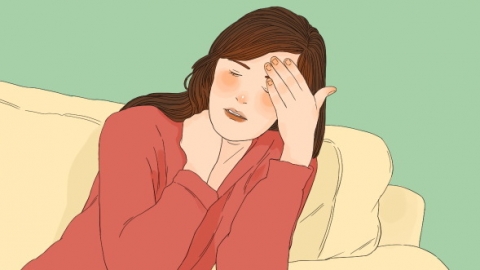What are some common methods for relieving stress?
Generally, common methods to relieve stress include deep breathing, physical exercise, meditation, listening to music, and social interaction. A detailed analysis is as follows:

1. Deep Breathing
When people are under stress, the sympathetic nervous system becomes activated, leading to symptoms such as rapid breathing. Deep breathing helps regulate breathing rhythm, activate the parasympathetic nervous system, induce a relaxed state, alleviate tension, reduce the secretion of stress hormones, and promote relaxation of both body and mind.
2. Physical Exercise
During exercise, the body secretes neurotransmitters such as endorphins and dopamine. Endorphins can improve mood and reduce anxiety and depression caused by stress; dopamine enhances feelings of pleasure and satisfaction. Additionally, exercise promotes blood circulation, improves physical fitness, and enhances stress resistance.
3. Meditation
Meditation involves focusing attention and eliminating distracting thoughts, allowing the brain to enter a calm state. In this state, activity in the prefrontal cortex increases. This region of the brain is associated with emotion regulation and attention, helping individuals better manage stress while reducing activity in brain regions associated with stress responses.
4. Listening to Music
Relaxing music can stimulate the brain to secrete neurotransmitters such as serotonin, which helps stabilize mood and improve emotional well-being. At the same time, music can divert attention, allowing people to shift focus away from stress-inducing factors, immerse themselves in the musical atmosphere, and relax both mind and body.
5. Social Interaction
Communicating with family and friends provides emotional support and an opportunity to share stress and difficulties. During social interactions, neurotransmitters such as oxytocin are released, which can alleviate anxiety, enhance trust and intimacy between individuals, create feelings of warmth and belonging, and thus reduce stress levels.
In daily life, maintaining sufficient sleep and a regular lifestyle helps sustain normal physiological functions and psychological health, enhances the body's and mind's ability to withstand stress, allows adequate rest for the body and brain, and improves the capacity to cope with stress. If stress becomes excessive or physical discomfort occurs, prompt medical consultation and treatment are recommended.






